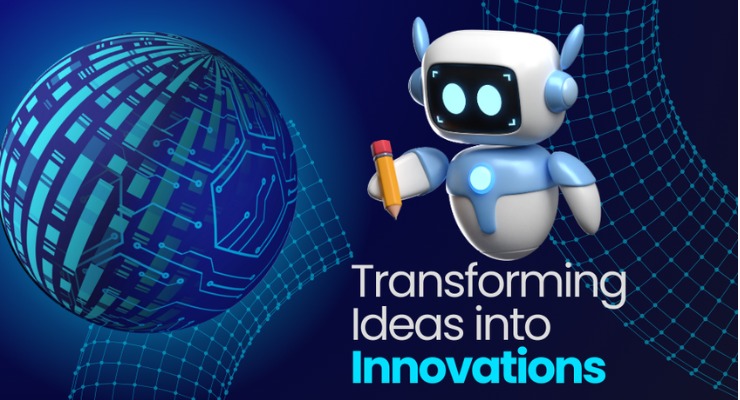Introduction
Artificial Intelligence (AI) is no longer a concept confined to science fiction. It’s a tangible force reshaping our world at an unprecedented pace. From the smartphones in our pockets to the complex systems powering global industries, AI is an integral part of modern life. In this blog, we’ll delve into the fascinating world of AI, exploring its applications, implications, and the future it holds.
1. Understanding AI
- Definition of AI: Explain what artificial intelligence is.
- Types of AI: Differentiate between narrow AI, general AI, and superintelligent AI.
- Key Concepts: Discuss machine learning, deep learning, and neural networks.
2. AI in Everyday Technology
- Smart Devices: Describe how AI is integrated into smartphones, smart speakers, and home automation systems.
- Healthcare: Explain AI applications in medical diagnostics, personalized medicine, and robotic surgeries.
- Transportation: Discuss AI in self-driving cars, traffic management, and logistics.
- Finance: Mention AI in fraud detection, algorithmic trading, and personalized financial advice.
3. Emerging AI Technologies
- Natural Language Processing (NLP): Explore advancements in NLP, including chatbots, virtual assistants, and language translation.
- Computer Vision: Explain how AI is used in image and video recognition, facial recognition, and augmented reality.
- AI and Robotics: Discuss the role of AI in robotics, including industrial automation, drones, and humanoid robots.
4. AI and Big Data
- Data Analysis: Explain the relationship between AI and big data, and how AI helps in data processing and analysis.
- Predictive Analytics: Discuss how AI is used to predict trends, customer behavior, and maintenance needs.
- Personalization: Describe how AI uses data to personalize user experiences in e-commerce entertainment, and marketing.
5. Ethical and Social Implications
- Bias and Fairness: Address the issue of AI bias and the importance of developing fair algorithms.
- Privacy Concerns: Discuss the implications of AI on privacy and data security.
- Job Displacement: Explore the potential impact of AI on employment and the future of work.
- Regulation and Governance: Mention the need for AI regulations and ethical guidelines.
6. Future Trends in AI• AI and IoT: Explain the convergence of AI and the Internet of Things (IoT).
- Edge AI: Discuss the trend towards processing AI on local devices rather than in the cloud.
- Quantum Computing: Explore the potential of quantum computing to revolutionize AI.
- AI in Space Exploration: Mention AI’s role in space missions and extraterrestrial exploration.
Conclusion
- Summarize the key points discussed in the blog.
- Reflect on the transformative potential of AI in modern technology.
- End with a forward-looking statement on the future of AI and its continued evolution.
Additional Tips:
- Visuals: Include relevant images, infographics, and diagrams to illustrate concepts.
- Examples: Use real-world examples and case studies to make the content relatable.
- Sources: Cite reputable sources and provide links for further reading.
- Engagement: Ask questions or encourage readers to share their thoughts and experiences in the comments.
Feel free to expand on each section and add your unique insights and perspectives!

